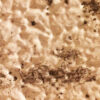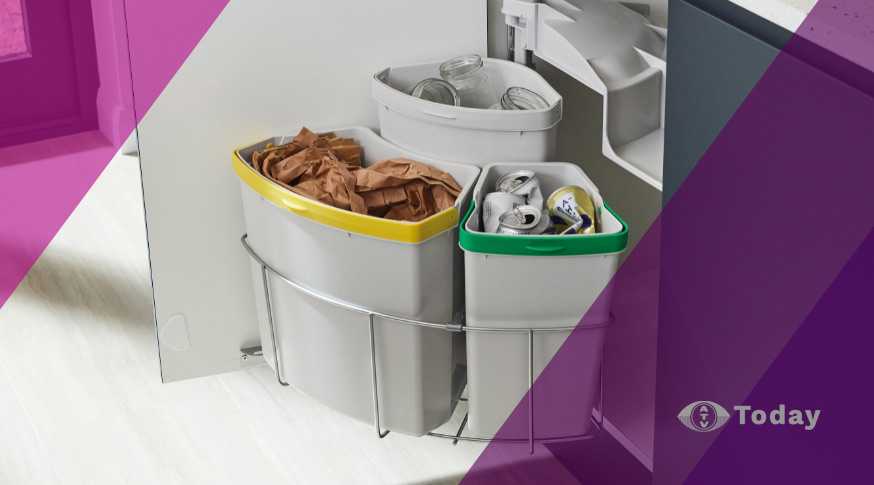The one common kitchen tool that carries 10 million bacteria—are you at risk?
Dr. Christine Clarke, a general doctor with over 12 years of experience in preventive healthcare, explains the dangers of one kitchen tool in particular: kitchen sponges.
Despite being a staple in nearly every home, sponges can carry up to 10 million bacteria. “Because sponges are regularly exposed to moisture and food particles, they provide an ideal breeding ground for bacteria,” Dr. Clarke explains. “Without proper cleaning, they can become contaminated and pose serious health risks.”
Studies show that kitchen sponges often harbour harmful bacteria like E. coli, salmonella, and other pathogens that can cause foodborne illnesses. A 2017 study by researchers at the University of Arizona found that 75% of kitchen sponges tested contained significant amounts of bacteria, including some strains that could lead to serious illness. These bacteria can easily transfer from the sponge to food or surfaces, leading to potential contamination.
“Even though sponges look clean, they can carry an overwhelming amount of bacteria,” Dr. Clarke says. “People use them to wipe down counters, wash dishes, and clean up spills, all while unknowingly spreading bacteria.”
Using a contaminated sponge can lead to serious health risks:
- Foodborne Illnesses: Bacteria like E. coli and salmonella can cause nausea, vomiting, stomach cramps, and diarrhoea. Vulnerable groups, such as young children and the elderly, are at higher risk.
- Cross-Contamination: Sponges transfer bacteria to other surfaces, like countertops and utensils, spreading pathogens to food and increasing contamination risks.
- Prolonged Exposure: Repeatedly using a dirty sponge heightens your risk of chronic illnesses. The cumulative effect of cross-contamination can increase the chances of severe infections.
- Long-Term Health Effects: Infections from bacteria like E. coli and salmonella can sometimes lead to kidney damage or digestive complications.
Dr. Clarke explains, “Using a sponge that hasn’t been properly sanitised can significantly increase your risk of getting sick.”
Dr. Clarke recommends these simple steps to reduce your risk:
- Clean Sponges Regularly: Disinfect your sponge daily by microwaving it for a minute or soaking it in bleach and water.
- Replace Sponges Frequently: Replace old sponges every 1–2 weeks or sooner if they start to smell or look worn.
- Use Multiple Sponges: Use separate sponges for dishes and surfaces to reduce cross-contamination.
- Dry Sponges Properly: Wring out sponges and let them air dry. Damp sponges encourage bacterial growth.
A spokesperson from Plumbworld highlights the importance of kitchen hygiene: “We often think of sponges as harmless, but they’re one of the most bacteria-laden items in the kitchen. Proper care and cleaning can help prevent contamination, keeping both your kitchen and your health safe.”
By following these easy steps, homeowners can reduce their risk of bacterial contamination and ensure their kitchen remains a safe place for cooking and dining.









